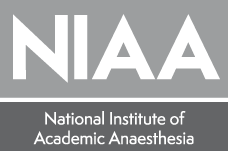OSIRIS
Optimising Shared decision-makIng for high-RIsk major Surgery (OSIRIS)
Each year in the NHS, 250,000 high-risk patients undergo major surgery. High-risk patients are typically older with long-term disease. They often experience serious medical problems after surgery, such as pneumonia or heart attacks, causing a lasting decline in health and quality of life.
This can occur even if surgery and anaesthesia have gone smoothly. Older patients with long-term health problems have different hopes and expectations of medical treatments, but these may not be understood by doctors. As a result, high-risk patients may not receive the information they need when contemplating surgery. We want to help patients better understand their risks, and choose the treatments that best suit them, by improving how they decide about surgery with their doctors.
The over-arching aim of the OSIRIS programme is to improve shared decision making for 250,000 high-risk patients undergoing major surgery each year in the NHS. High-risk patients are typically older with long-term disease.
They often experience serious medical problems after surgery, such as pneumonia or heart attacks, causing a lasting decline in health and quality of life. Older patients with long-term health problems have different hopes and expectations of medical treatments, but these may not be understood by doctors.
As a result, high-risk patients may not receive the information they need when contemplating surgery. We plan an integrated programme of research to co-design a decision support intervention, utilising a computational risk model, to provide an accurate and individualised forecast of the risks and benefits of surgery for each high-risk patient.
Find out more at https://osiris-programme.org




